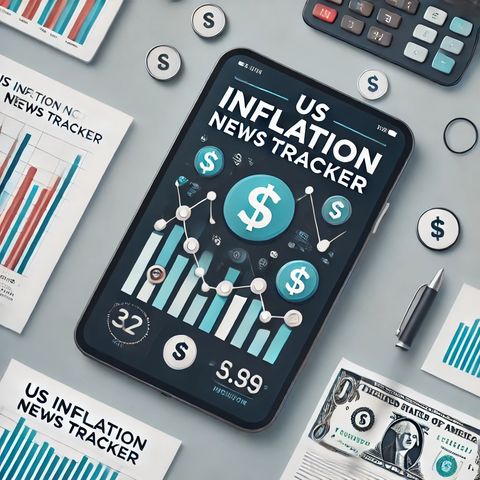Inflation's Political Punch: How Rising Prices Reshape Voter Behavior Worldwide

Download and listen anywhere
Download your favorite episodes and enjoy them, wherever you are! Sign up or log in now to access offline listening.
Inflation's Political Punch: How Rising Prices Reshape Voter Behavior Worldwide
This is an automatically generated transcript. Please note that complete accuracy is not guaranteed.
Description
In recent years, the economic landscape has been dominated by the issue of inflation, a topic often described as "politically radioactive." The effects of inflation extend beyond just the economic...
show moreThe political ramifications of inflation were starkly visible in the United States, where its pressures contributed to the electoral shift that saw Donald Trump win the presidency, while Kamala Harris's political aspirations faced headwinds. Inflation's impact on voting behavior cannot be underestimated—voters retain a long and acute memory for how inflation affects their economic wellbeing. This reality suggests that whenever inflation spikes, it carries political consequences, often serving as a rallying point for populist movements and shifting political alliances.
Trump's victory, viewed as part of a broader populist wave, demonstrates how economic discontent can fuel significant political change. Inflation tends to amplify existing grievances within a populace, uniting a diverse cross-section of voters around shared economic pain points. This unification, powered by economic dissatisfaction, can tilt electoral scales and lead to outcomes that traditional political frameworks find surprising or challenging to navigate.
Economic analysts and political strategists alike are acutely aware of inflation's potential to shape the political landscape. Historically, periods of high inflation have coincided with substantial changes in voter behavior, often punishing incumbents perceived as unable to manage economic troubles effectively. The fragility of political power in the face of economic issues serves as a potent reminder of the complex interdependency between economics and politics.
Globally, the current economic climate reflects a similar pattern, with inflationary pressures sparking widespread political shifts. From Europe to Latin America, voters are increasingly wielding their electoral power to demand change, holding leaders accountable for economic policies seen as ineffective. This wave of political change is closely tied to how citizens experience economic realities, with inflation frequently positioned as a key factor driving dissatisfaction.
For governments navigating this terrain, the challenge lies in addressing the root causes of inflation while responding to the electorate's concerns. Economic policy must be crafted carefully, balancing short-term measures necessary to manage inflation with longer-term strategies that ensure sustainable growth and stability. As history demonstrates, the political cost of ignoring inflation can be significant, reconfiguring power structures and altering the direction of national policy.
Ultimately, inflation's role in modern politics underscores a fundamental truth: economic conditions shape the political arena in profound ways. As voters continue to react to the economic environment around them, political leaders must remain vigilant and proactive, acknowledging that the electorate's memory for economic hardship runs deep. The lessons learned from past electoral cycles—where inflation played a pivotal role—serve as valuable insights for understanding and anticipating the future of political and economic interaction.
Information
| Author | QP-4 |
| Organization | William Corbin |
| Website | - |
| Tags |
Copyright 2024 - Spreaker Inc. an iHeartMedia Company
